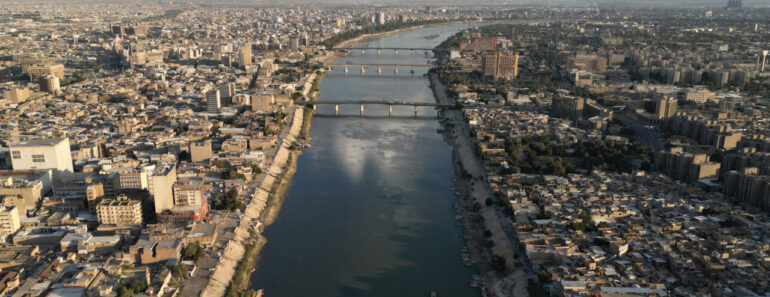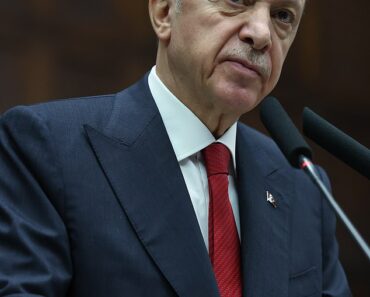[ad_1]
The Near East region is currently being hit by a violent heat wave. Temperatures have reached record highs, causing extreme weather conditions and jeopardizing the health and well-being of area residents.
According to the meteorological authorities, this heat wave is due to a system of high pressures which has settled over the region, causing an increase in temperatures and a decrease in precipitation. Affected countries include Lebanon, Syria, Jordan, Iraq, Israel and the Palestinian territories.
In many places, temperatures regularly exceeded 40 degrees Celsius, with peaks even exceeding 50 degrees. These extreme weather conditions make daily life extremely difficult, especially for people who do not have access to air conditioning or drinking water.
Local authorities have put in place emergency measures to deal with the situation. Cooling centers have been opened in the most affected areas to provide temporary shelter for vulnerable people, including the elderly, children and the homeless. Additional water supply systems have also been put in place to ensure adequate access to drinking water for the population.
However, despite these efforts, the heat wave has already had devastating consequences. Forest fires broke out in some regions, destroying hectares of vegetation and threatening biodiversity. In addition, power outages occurred in many places due to the overloading of electrical networks caused by intensive use of air conditioning.
In addition to the immediate impacts, the heat wave also poses additional challenges for communities already facing humanitarian and environmental crises. People displaced or living in refugee camps are particularly vulnerable to these extreme conditions, with limited access to shade, water and medical care.
Faced with this situation, it is crucial that the international community provide support to the countries of the Middle East in order to face the challenges of this heat wave. Additional emergency measures are needed to ensure the safety and well-being of all, especially the most vulnerable.
It is also essential to accelerate efforts to mitigate the effects of climate change. This heat wave is an alarming reminder of the devastating consequences that global warming can have on already fragile regions. Investments in renewable energy, reduction of greenhouse gas emissions and adaptation to the future impacts of climate change are essential to protect the Near East region and its people.
In conclusion, the Middle East is facing a violent heat wave that is jeopardizing the health, well-being and safety of its inhabitants. Emergency measures are needed to mitigate the effects of this heat wave and protect the most vulnerable people. Furthermore, greater efforts must be undertaken to combat climate change and prevent such extreme events in the future.
→ READ ALSO: The Nigerian Akor Adams, already put forward with Montpellier
→ READ ALSO: According to the Unef union, the cost of student living has increased by 6.47% in one year
→ READ ALSO: Al-Hilal prepares a show never before realized for the arrival of Neymar
[ad_2]
Mots clés: #Violent #Heat #Wave #Hits #East
→ READ ALSO : Romance With Another Farmer’s Suitor
→ READ ALSO : According to the UNEF union, the cost of student living has increased by 6.47% in one year
→ READ ALSO : Stefan Ortega Reportedly Targeted By Bayern Munich As New Goalkeeper
Suivez tous les scores en direct ici !
























